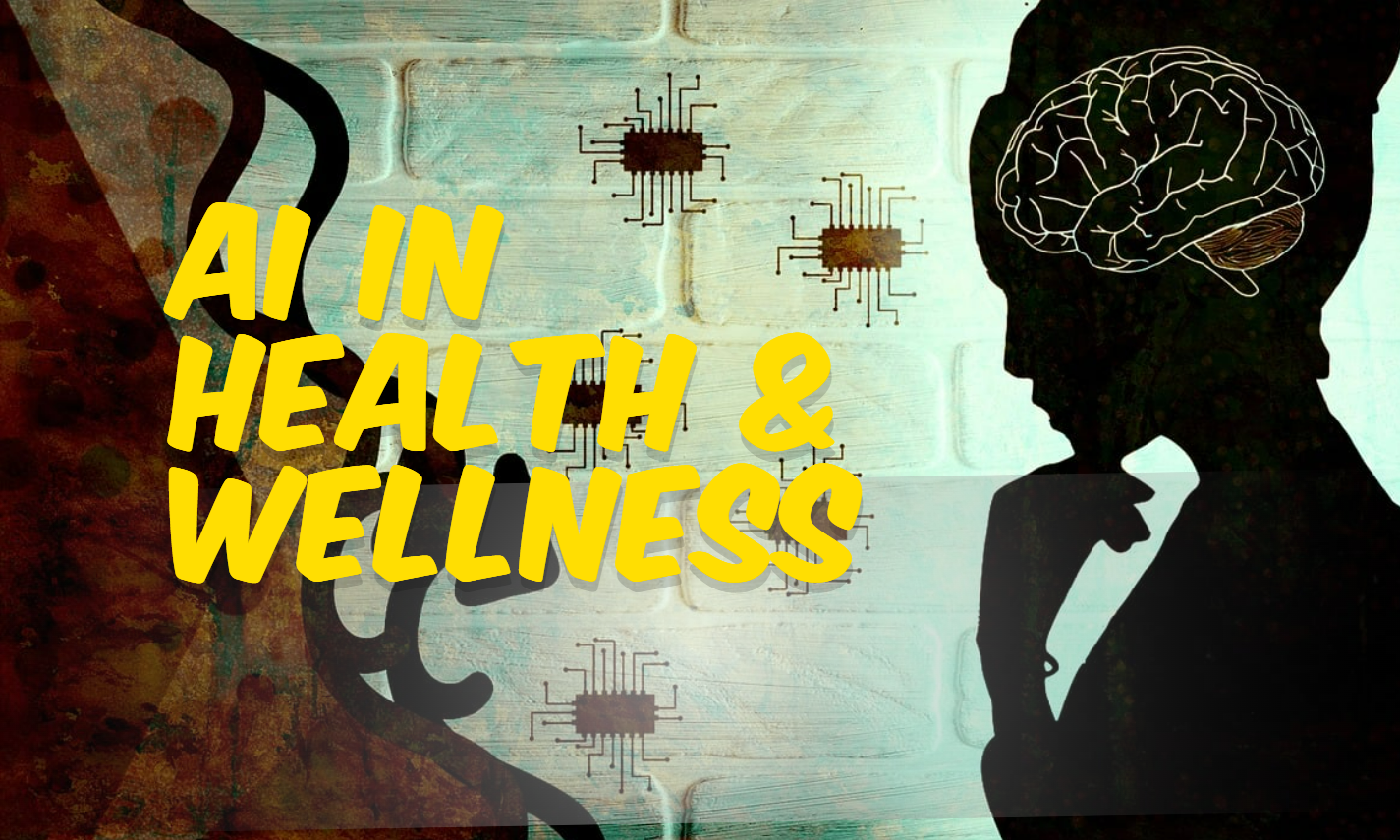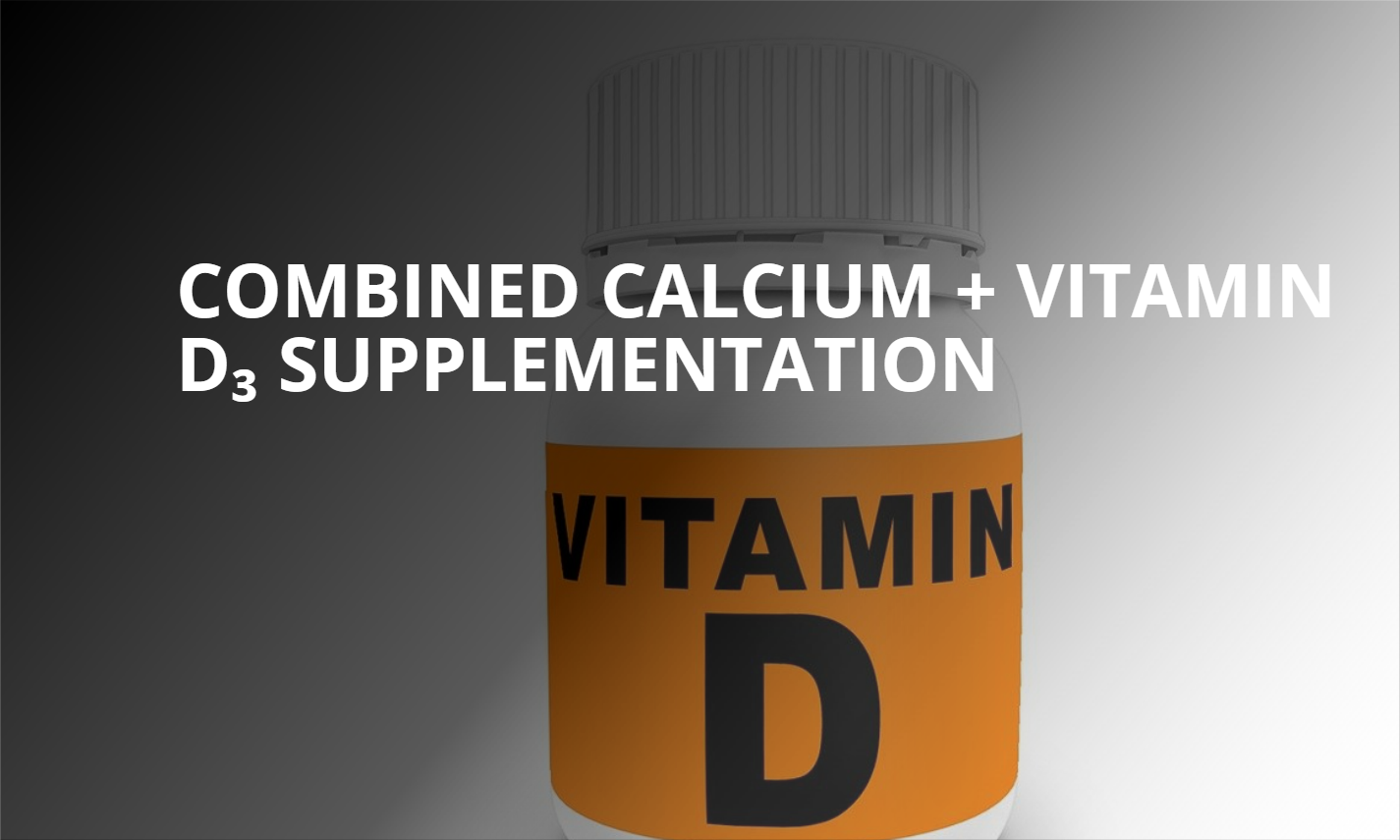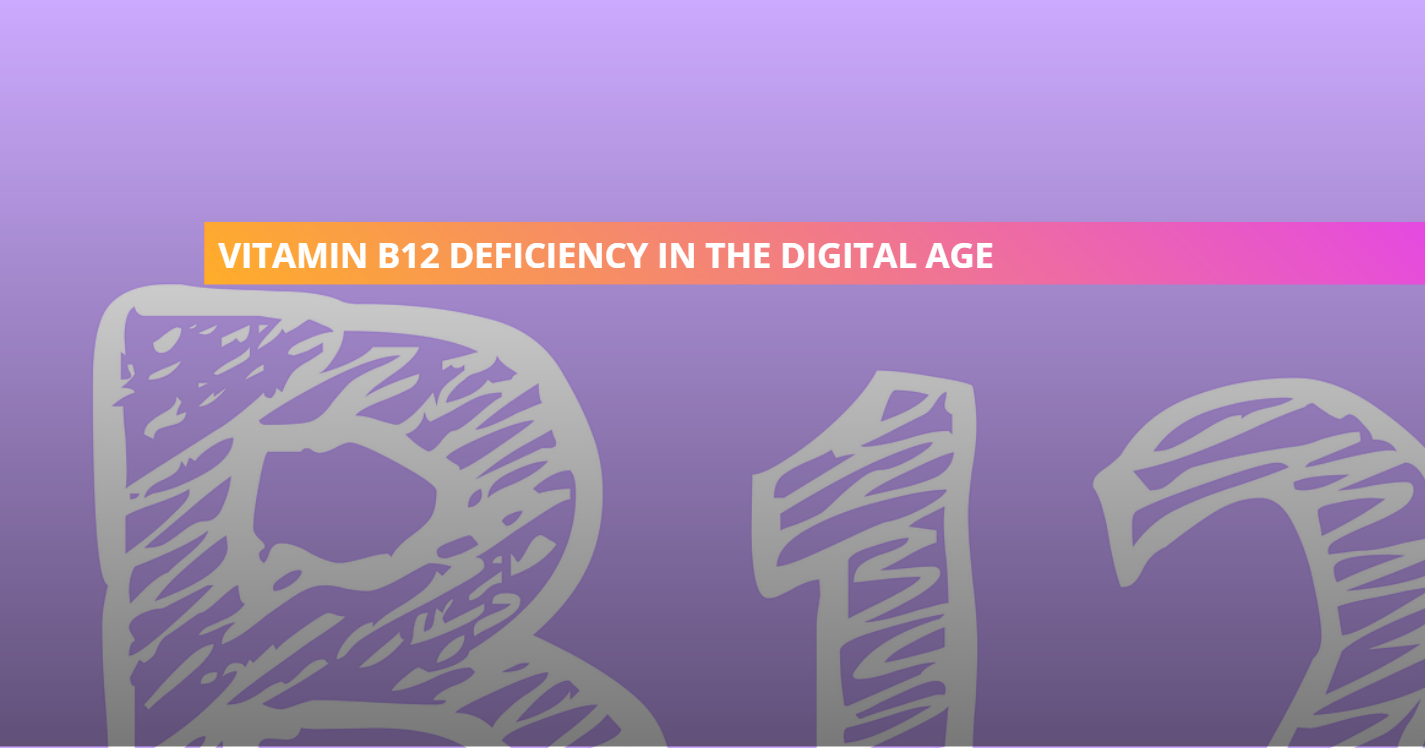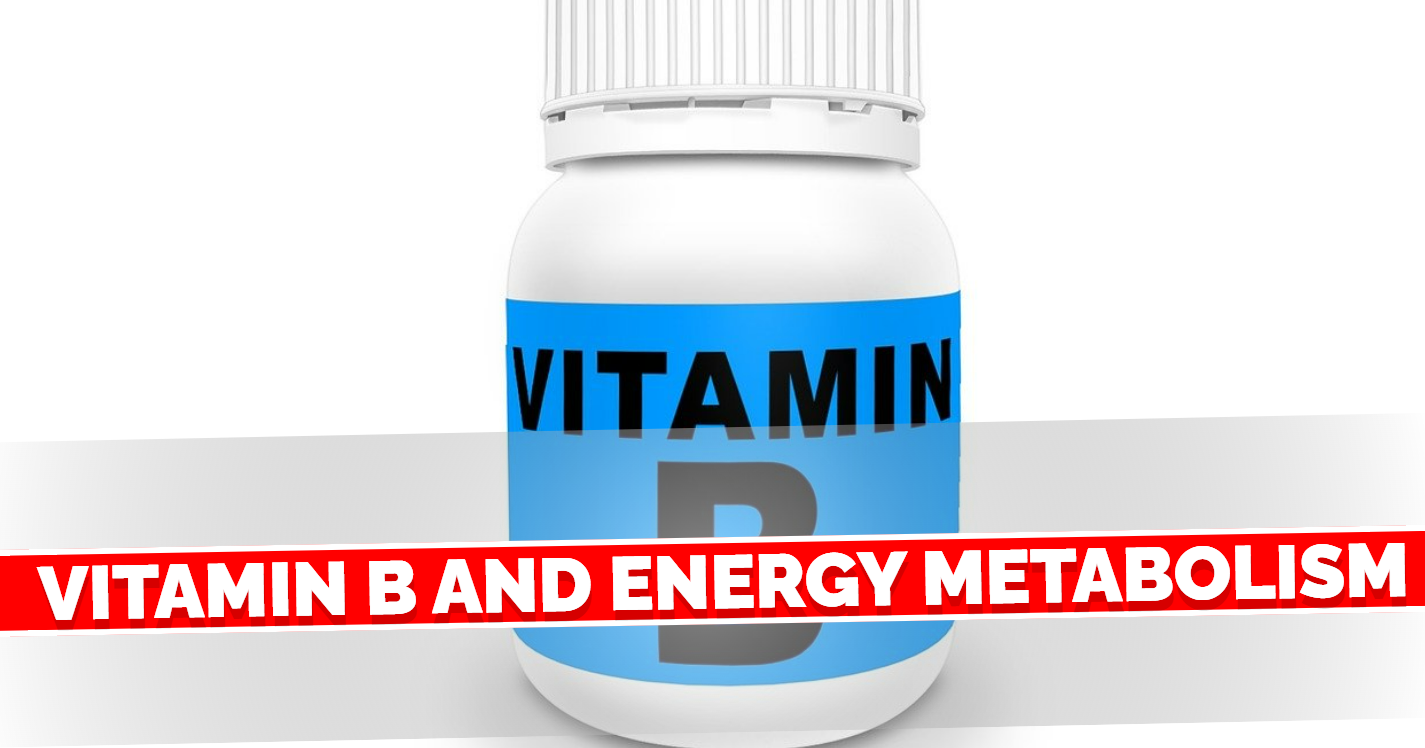For decades, vitamin D has been widely known as the “sunshine vitamin” — a crucial nutrient that helps the body absorb calcium and maintain strong bones. But in recent years, research has dramatically expanded our understanding of vitamin D’s role far beyond skeletal health. Today, scientists recognize that this vitamin acts more like a hormone, influencing a wide range of biological functions — from immune regulation and brain chemistry to chronic disease prevention.
This growing body of evidence reveals that maintaining adequate vitamin D levels isn’t just about preventing rickets or osteoporosis — it may be a cornerstone of overall health and disease resilience.
1. The Expanding Science of Vitamin D
Vitamin D is unique among vitamins because it can be synthesized by the body when skin is exposed to ultraviolet B (UVB) rays from sunlight. Once produced or consumed through diet or supplements, it undergoes conversion in the liver and kidneys into its active form, calcitriol (1,25-dihydroxyvitamin D). This biologically active compound acts like a hormone, binding to vitamin D receptors (VDRs) located in nearly every cell of the body.
That broad distribution of receptors helps explain why vitamin D impacts far more than bones — it regulates gene expression linked to over 200 physiological processes, including immune response, cell growth, and inflammation control.
2. Vitamin D and Immune System Mastery
One of the most exciting discoveries of the last two decades is vitamin D’s central role in immune function. It is now understood that vitamin D helps both the innate (first line of defense) and adaptive (targeted) immune systems work efficiently.
a. Innate Immunity and Antimicrobial Defense
Vitamin D stimulates the production of antimicrobial peptides, such as cathelicidin and defensins, which directly kill pathogens including bacteria, viruses, and fungi. This mechanism is particularly important in respiratory and skin defenses — explaining why low vitamin D levels are linked with higher rates of infections like influenza, tuberculosis, and even COVID-19.
b. Adaptive Immunity and Inflammation Control
Vitamin D also modulates the activity of T cells and B cells, the immune system’s precision tools. It helps prevent overreaction — reducing chronic inflammation, which underlies autoimmune diseases such as rheumatoid arthritis, lupus, and multiple sclerosis (MS). Studies show that individuals with higher vitamin D levels have a lower risk of developing these autoimmune conditions, suggesting a protective regulatory role.
3. The Sunshine Vitamin and Mental Health
Beyond the immune system, vitamin D is gaining attention for its profound influence on the brain and mood regulation. The brain contains numerous vitamin D receptors and enzymes necessary for converting it to its active form — hinting at a deep biological connection.
a. Vitamin D and Neurotransmitters
Vitamin D affects the synthesis of neurotransmitters like serotonin and dopamine, which play key roles in mood stability and emotional well-being. Low levels of vitamin D have been correlated with increased risk of depression, seasonal affective disorder (SAD), and cognitive decline.
b. Evidence from Research
A meta-analysis published in The British Journal of Psychiatry found that people with low vitamin D levels were twice as likely to experience depression. Another study in JAMA Network Open (2023) showed that vitamin D supplementation improved depressive symptoms in individuals with deficiency, particularly during winter months when sunlight exposure is limited.
c. Brain Protection and Cognitive Function
Emerging evidence also links vitamin D deficiency to neurodegenerative diseases like Alzheimer’s and Parkinson’s. Researchers believe vitamin D may protect neurons by reducing oxidative stress, improving blood flow, and preventing amyloid plaque buildup — all hallmarks of cognitive decline.
4. Vitamin D and Chronic Diseases
Low vitamin D levels are increasingly associated with the rise of modern chronic diseases — conditions that develop silently and progress over years.
a. Cardiovascular Health
Vitamin D influences heart function by regulating calcium balance in muscle tissue and reducing arterial stiffness. Deficiency has been linked to high blood pressure, heart attack, and stroke. A 2022 study in Circulation Research found that optimal vitamin D levels reduce the risk of cardiovascular disease by lowering inflammation and improving endothelial function.
b. Diabetes and Metabolic Health
Vitamin D also affects how the body uses insulin. Studies suggest that adequate vitamin D may improve insulin sensitivity and help prevent type 2 diabetes. The nutrient enhances the function of pancreatic beta cells, which produce insulin, and reduces inflammation that leads to insulin resistance.
c. Cancer Prevention
Vitamin D’s ability to regulate cell growth and immune surveillance has sparked interest in cancer prevention research. Observational studies have found that people with higher vitamin D levels have a reduced risk of colorectal, breast, and prostate cancers. While more randomized trials are needed, evidence suggests that vitamin D may help inhibit tumor growth and promote apoptosis (programmed cell death) of abnormal cells.
d. Autoimmune and Inflammatory Diseases
Chronic inflammation is a key driver of many noncommunicable diseases, and vitamin D helps keep it in check. Conditions such as inflammatory bowel disease (IBD), asthma, and psoriasis have shown improvement with vitamin D supplementation, underscoring its anti-inflammatory role.
5. Modern Deficiency Epidemic
Despite its natural availability, vitamin D deficiency has become alarmingly common worldwide. Urban lifestyles, sunscreen use, indoor work, air pollution, and dietary limitations all contribute to reduced sun exposure.
According to the World Health Organization (WHO), nearly 1 billion people globally are estimated to have insufficient vitamin D levels. Even in sunny regions, deficiency rates are high due to cultural clothing habits and limited outdoor activity.
6. Sources and Supplementation
To maintain healthy vitamin D levels, experts recommend a combination of sunlight, diet, and supplements if necessary.
-
Sunlight: About 10–30 minutes of midday sun exposure several times a week is usually sufficient for most people. However, darker skin tones require longer exposure due to higher melanin content.
-
Dietary Sources: Fatty fish (salmon, mackerel, sardines), egg yolks, fortified milk, and mushrooms are good sources.
-
Supplements: For those with limited sunlight or dietary intake, vitamin D3 (cholecalciferol) supplements are more effective than D2. The recommended intake varies — generally 600–800 IU daily for adults, though some experts suggest higher doses under medical supervision for those with deficiency.
Regular blood tests can measure serum 25-hydroxyvitamin D levels, the best indicator of vitamin D status. Optimal levels typically range from 30 to 50 ng/mL (75–125 nmol/L).
7. Balancing Benefits and Caution
While vitamin D offers immense benefits, excessive supplementation can lead to toxicity, causing elevated calcium levels, kidney stones, and other health issues. It’s crucial to maintain balance — aim for sufficiency, not excess.
8. The Future of Vitamin D Research
Scientists continue to explore how vitamin D interacts with genes, gut microbiota, and even epigenetic mechanisms. Personalized nutrition and genomics may soon allow for customized vitamin D recommendations based on genetic makeup, lifestyle, and disease risk.
Conclusion
Vitamin D’s story is no longer confined to bone health. From defending against infections to supporting mental stability and guarding against chronic diseases, this multifaceted nutrient is a silent guardian of overall well-being.
In an age where stress, sedentary living, and indoor lifestyles dominate, maintaining adequate vitamin D levels may be one of the simplest yet most powerful strategies to enhance longevity and vitality. The next time you step into the sunlight, remember — those rays do far more than warm your skin; they fuel your body’s natural resilience.















Leave a Reply